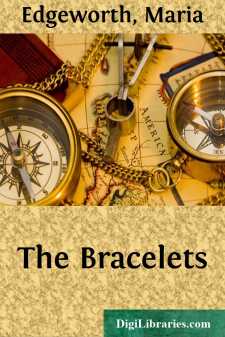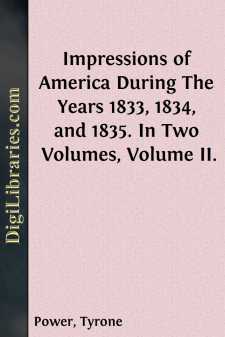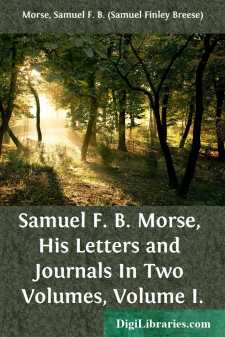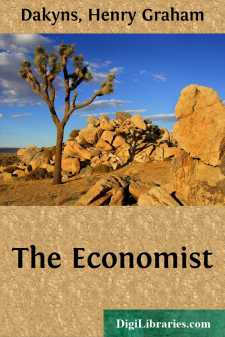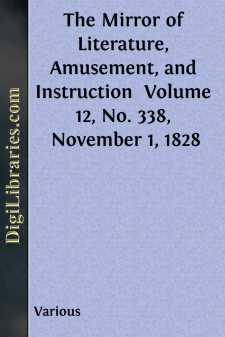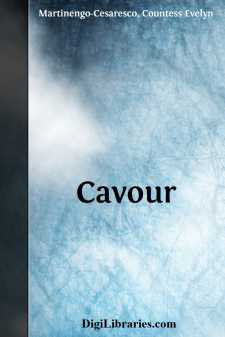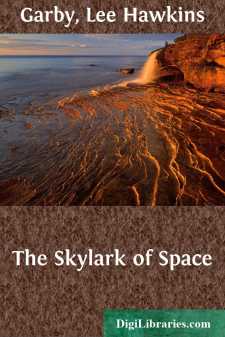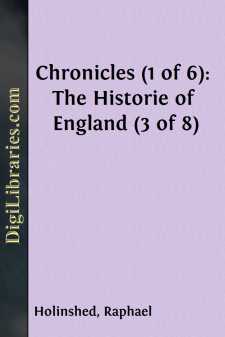Categories
- Antiques & Collectibles 13
- Architecture 36
- Art 48
- Bibles 22
- Biography & Autobiography 813
- Body, Mind & Spirit 142
- Business & Economics 28
- Children's Books 13
- Children's Fiction 10
- Computers 4
- Cooking 94
- Crafts & Hobbies 4
- Drama 346
- Education 46
- Family & Relationships 57
- Fiction 11828
- Games 19
- Gardening 17
- Health & Fitness 34
- History 1377
- House & Home 1
- Humor 147
- Juvenile Fiction 1873
- Juvenile Nonfiction 202
- Language Arts & Disciplines 88
- Law 16
- Literary Collections 686
- Literary Criticism 179
- Mathematics 13
- Medical 41
- Music 40
- Nature 179
- Non-Classifiable 1768
- Performing Arts 7
- Periodicals 1453
- Philosophy 64
- Photography 2
- Poetry 896
- Political Science 203
- Psychology 42
- Reference 154
- Religion 513
- Science 126
- Self-Help 84
- Social Science 81
- Sports & Recreation 34
- Study Aids 3
- Technology & Engineering 59
- Transportation 23
- Travel 463
- True Crime 29
Sort by:
by:
Maria Edgeworth
THE BRACELETS. In a beautiful and retired part of England lived Mrs. Villars, a lady whose accurate understanding, benevolent heart, and steady temper, peculiarly fitted her for the most difficult, as well as most important of all occupations—the education of youth. This task she had undertaken; and twenty young persons were put under her care, with the perfect confidence of their parents. No young...
more...
by:
Tyrone Power
NAHANT. This rocky peninsula is truly a very wild and unworldlike little territory, jutting boldly out as it does into the mighty bay of Massachusetts, and commanding a view of its whole extent, from Cape Cod to Cape Anne, together with the many islands, towns, and villages scattered along the coast; whilst in front spreads out the Atlantic Ocean. To sit within the upper gallery of this house upon the...
more...
CHAPTER I APRIL 27. 1791—SEPTEMBER 8, 1810 Birth of S.F.B. Morse.—His parents.—Letters of Dr. Belknap and Rev. Mr. Wells.—Phillips, Andover.—First letter.—Letter from his father.— Religious letter from Morse to his brothers.—Letters from the mother to her sons.—Morse enters Yale.—His journey there.—Difficulty in keeping up with his class.—Letter of warning from his...
more...
I I once heard him (2) discuss the topic of economy (3) after the following manner. Addressing Critobulus, (4) he said: Tell me, Critobulus, is "economy," like the words "medicine," "carpentry," "building," "smithying," "metal-working," and so forth, the name of a particular kind of knowledge or science? (1) By "economist" we now generally...
more...
by:
Clara Bell
PREFACE. By a marvellous combination of circumstances a number of fragments of the Royal Archives of Memphis have been preserved from destruction with the rest, containing petitions written on papyrus in the Greek language; these were composed by a recluse of Macedonian birth, living in the Serapeum, in behalf of two sisters, twins, who served the god as "Pourers out of the libations." At a...
more...
by:
Various
Nelson's Monument, at Liverpool. (To the Editor of the Mirror.) In No. 270 of the MIRROR, you favoured us with a correct engraving of the Town Hall, Liverpool, and informed us of a trophied monument erected to the memory of Nelson in the Liverpool Exchange Buildings. Of the latter I am happy to be able to present you with the above view. The monument, executed in bronze by Richard Westmacott, Esq....
more...
CHAPTER I HEREDITY AND ENVIRONMENT Nothing is permanent but change; only it ought to be remembered that change itself is of the nature of an evolution, not of a catastrophe. Commonly this is not remembered, and we seem to go forward by bounds and leaps, or it may be to go backward; in either case the thread of continuity is lost. We appear to have moved far away from the men of forty years ago, except...
more...
The Occurrence of the Impossible Petrified with astonishment, Richard Seaton stared after the copper steam-bath upon which he had been electrolyzing his solution of "X," the unknown metal. For as soon as he had removed the beaker the heavy bath had jumped endwise from under his hand as though it were alive. It had flown with terrific speed over the table, smashing apparatus and bottles of...
more...
THE FIRST CHAPTER. MULMUCIUS. Matth. West. Polyd. Now to proceede with the aforesaid authors, Mulmucius DunwallÐâ¦ÐÐ, or as other saie Dunuallo Mulmucius, the sonne of Cloton (as testifieth th'english chronicle and also Geffrey of Monmouth) got the vpper hand of the other dukes or rulers: and after his fathers deceasse began his reigne ouer the whole monarchie of Britaine, in the...
more...
CHAPTER I. A WISE FATHER AND A GLAD SON-IN-LAW. mong the wedding-presents was a small white envelope containing two smaller slips of paper. On one of these, which was folded around the other, was written, "A New House, From Father." The enclosed slip was a bank-check, duly stamped and endorsed. Did any old wizard's magic-box ever hold greater promise in smaller compass! Certainly not more...
more...


